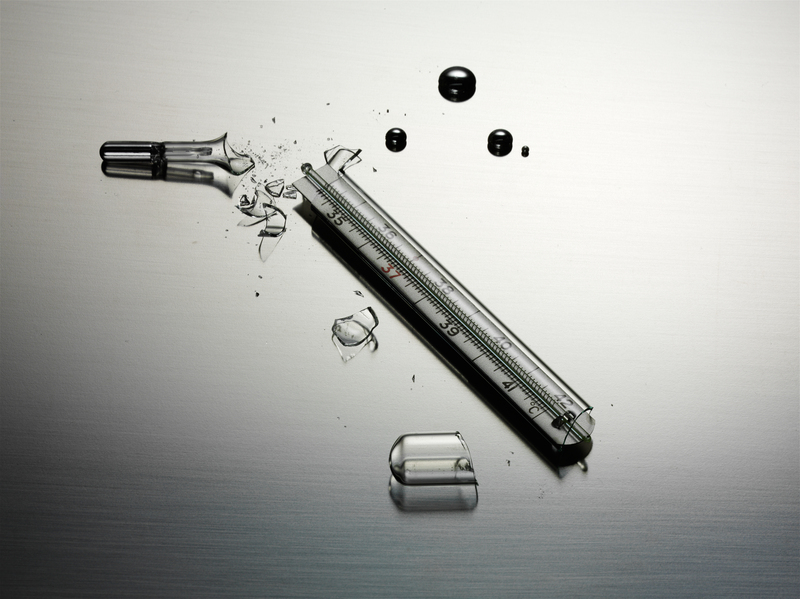Recycling Metals: From Waste Reduction to Resource Efficiency
The process of metal recycling serves as an essential component in today's push towards sustainable living. Not only does it significantly contribute to reducing waste, but it also enhances resource efficiency. This article explores the intricacies of recycling metals and how this practice aligns with environmental goals.

The Importance of Metal Recycling
In an age where sustainability is more crucial than ever, recycling metals offers multiple advantages. Metal is a resource-intensive material to mine and produce, yet it is completely recyclable without degrading its properties. Here's why recycling metals should be a global priority:
- Conservation of Resources: Recycling preserves natural resources by reducing the need for raw metal extraction.
- Energy Efficiency: It typically requires less energy to recycle metals than to produce new ones.
- Pollution Reduction: Recycling decreases pollution associated with metal extraction and processing.
- Waste Management: Helps minimize landfill disposal by repurposing metal waste.
Metals Commonly Recycled
Various metals are continuously cycled through recycling processes. Some of the most common ones include:
- Aluminum: Found in beverage cans, packaging, and components, aluminum recycling is highly energy-efficient, saving about 95% of the energy needed for producing new aluminum.
- Steel: Known for its strength and recyclability, recycled steel is used in construction, automobiles, and appliances.
- Copper: Essential in electrical wiring and plumbing, copper is recycled for its high value and performance.
- Lead: Often recycled in batteries, reducing the hazardous impact of disposal.
- Brass and Zinc: Frequently reclaimed materials used in plumbing and construction.
Stages in Metal Recycling
The process of metal recycling involves several key stages, from collection to re-manufacturing, each contributing to the reduction of waste and enhancement of resource efficiency.
1. Collection
Collecting scrap metals for recycling is the first step. Materials are often gathered from waste reserves, industries, and households.
2. Sorting
Once collected, metals are sorted based on their type and purity. Often, advanced systems like magnets and spectrometers are employed to facilitate this stage.
3. Processing
In processing, metals are broken into smaller fragments or crushed for easier handling and smelting. This increases the surface area for melting.
4. Melting
Melting takes place in furnaces specifically designed for each type of metal. This stage may consume energy, but far less compared to creating new metals from raw ores.
5. Purification
Ensuring the recycled metal is free from contaminants is vital. Purification processes like electrolysis remove impurities.
6. Solidifying
The purified metals are cooled and solidified into forms that can be easily used in manufacturing such as bars or new products.
7. Transportation and Re-selling
Finally, the recycled metal is transported and sold to industries, which use the materials to manufacture new products, hence completing the cycle.
Challenges in Metal Recycling
While metal recycling has significant benefits, it does not come without challenges:
- Contamination: Mixing different metals or the presence of coatings and adhesives can complicate the recycling process.
- Sorting Technology Limitations: It can be challenging for existing technologies to accurately sort complex alloys.
- Economic Viability: Fluctuating metal prices can affect the profitability of recycling efforts.
- Consumer Awareness: Encouraging more participation in recycling initiatives requires continuous education and incentives.

Innovations in Metal Recycling
Advancements in technology have paved the way for more efficient and innovative metal recycling methods. These include:
- Improved Sorting Systems: Robotics and AI integration help in accurate sorting and impurity detection.
- Eco-friendly Processes: Enhanced smelting technologies minimize emissions and energy consumption.
- Material Science Breakthroughs: Development of alloys designed with recycling in mind.
Future of Metal Recycling
As industries grow, so does the demand for raw materials. Meeting this demand sustainably without depleting earth's resources underscores the future reliance on metal recycling. Policies encouraging circular economies will be crucial, where products and materials are continuously re-purposed and reused. More research into efficient and economically viable recycling techniques will only further enhance this trajectory.
Whether it's by reducing landfill waste, conserving resources, or cutting energy costs, recycling metals plays a pivotal role in nurturing a sustainable environment. By understanding its processes and addressing its challenges and innovations, we can work towards a cleaner, more resource-efficient world.
In conclusion, the integration of more advanced technologies, public awareness, and supportive legislation holds the potential to elevate the efficiency of recycling metals dramatically. By embracing these efforts, we transform waste into wealth and sustain our planet for future generations.